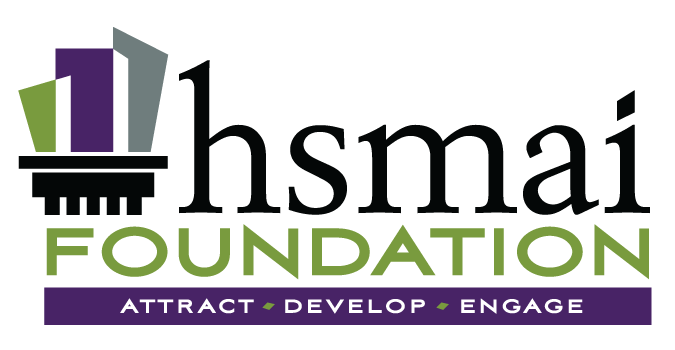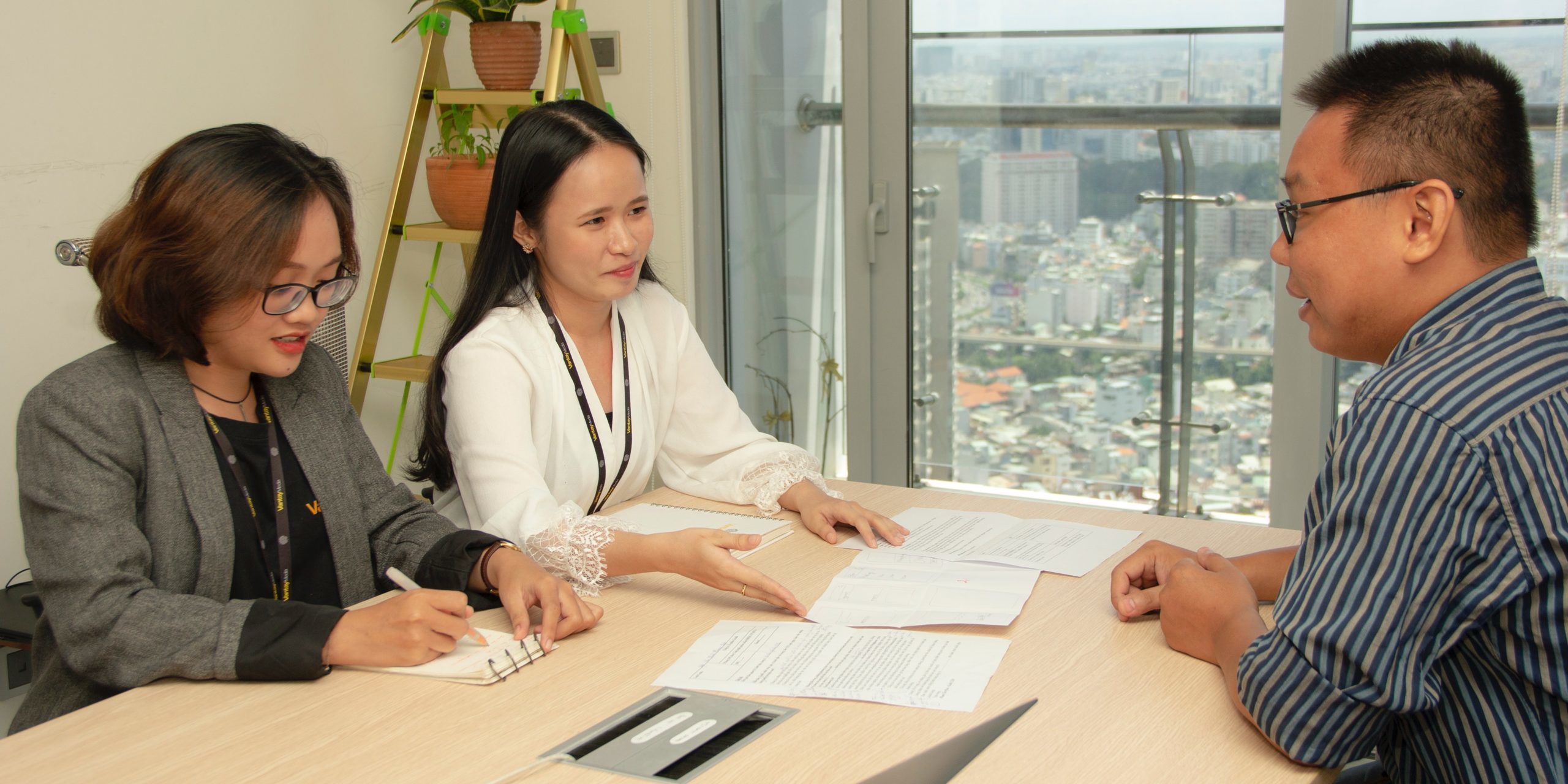Lovell Casiero, Senior Vice President of Sales & Marketing, PM Hotel Group. HSMAI Foundation Board Member
Before the pandemic, the hospitality industry began to see an exit of sales, marketing, and revenue management professionals and started to experience challenges attracting new talent. In the aftermath of COVID-19, this problem has only exacerbated.
 Over last two years, people have started to rethink their life choices, with family and travel taking precedence over climbing the corporate ladder. Priorities such as fair pay, flexible work schedules, enhanced benefits, and work-life balance are top of mind for those entering or returning to the hospitality industry today. Employers cannot assume the associate or manager who is tenured with the company and continued to work through the pandemic is not considering these things as well.
Over last two years, people have started to rethink their life choices, with family and travel taking precedence over climbing the corporate ladder. Priorities such as fair pay, flexible work schedules, enhanced benefits, and work-life balance are top of mind for those entering or returning to the hospitality industry today. Employers cannot assume the associate or manager who is tenured with the company and continued to work through the pandemic is not considering these things as well.
If you are not taking the time to understand the change of mindset within your team, it could create turnover. Turnover is costly and, ultimately, has a negative impact on the profitability of the P&L. Open positions also affect the ability to meet topline goals.
As employers are enhancing benefits and increasing salaries, one of the most important best practices to implement now is staying in touch with managers and associates in a meaningful way. One method of doing this is through a stay interview.
A stay interview can be considered the opposite of an exit interview. It is a conversation that assesses what an employee enjoys about their role, what motivates them and what they might like to change. This proactive approach to communication can also help you understand why associates are leaving before reading it on Glassdoor. Negative employer ratings can create reputational issues for the company and impact your ability to recruit talent.
Stay Interview Sample Questions
Following are examples you may consider asking your current team members:
- What is your favorite part about working here?
- What do you look forward to most when you come to work each day?
- If you could change something about your job, what would that be?
- What do you think we could do better?
- What keeps you working here?
- What would make your job more satisfying?
- What motivates (or demotivates) you?
- Do you get enough feedback or recognition about your performance?
- What kind of recognition do you prefer?
- Do you feel you have an opportunity to grow here?
- What talents do you have that are not being used in your current role?
- What would you like to learn in the next six months?
- What career goals have you set for yourself that I might help you reach?
- What can I do to best support you?
- What can I do more of or less of as your manager?
- What might tempt you to leave?
- Are there any tools or resources you need to do your job more efficiently?
- Do you feel valued and appreciated for your contribution?
- Do you feel you have a healthy work-life balance?
Building a Stay Interview Program
Deciding who should conduct the interview will depend on the existing organizational chart. If you are the interviewee’s supervisor, you will need to ensure you are creating a safe and welcoming environment. There is value in a leader taking the time to sit down and genuinely listen to their team members.
The HR team could also conduct the interview, as the employee may not be as forthcoming if they are speaking to their supervisor. The associate should feel safe to speak freely and respond to questions honestly.
Following up on actionable items in a timely matter is a must. If areas of opportunity are not addressed after the interview, the associate’s perception could be the company does not care or does not value their opinion. Immediate and ongoing communication is key to the success of the stay interview process. A stay interview should not be one and done. As you introduce this process, think about the cadence for follow-up sessions as well.
After launching this program, the following overall trends and outcomes should be considered and addressed:
- What is the overall associate satisfaction by department or manager?
- Are the interviews uncovering company-wide trends?
- Is the intended culture of the company being executed or highjacked by managers?
- Do schedules and goals allow for a reasonable work-life balance?
- Are we allocating time and funding to associate development?
- Do people have an opportunity to grow?
- How will you address ongoing communication? Frequency?
- How will you measure success?
Case Study
In late 2021 and early 2022, I worked with PM Hotel Group’s people and culture department to create a survey for property-based directors of sales. The interview focused on understanding their personal journey in hospitality sales as well as their professional goals for growth. Directors could request a coaching session with me to determine their career development needs. The session was well-received by the associate but was also beneficial to the company. The communication was a learning experience on many levels for both participants. The following outlines some of the key outcomes from the discussion:
- Developed a database for bench strength (general managers, revenue management and task force)
- Identification of challenges around recruiting and developing talent, including flexible work schedule solutions, training opportunities, and salary and benefit expectations
- Validation of the quality of the support properties received from the above-property team members and areas of opportunity
- An opportunity to express gratitude and recognize the team’s achievements
- A clear understanding of the company’s growth plan
If the company is not prepared to implement processes to address work-life balance, flexibility in schedules, the opportunity for financial growth and mental well-being, then the process is moot. However, if you can embrace change management and intentionally listen to the constructive feedback of the employees within the company, a stay interview could improve your ability to retain and develop your existing talent.
Keep in mind that the approach to this process should not be one size fits all. The interview should be specific to the department’s functionality as well as the demographic and level of the associate or manager’s experience.
This new process of communication will uncover areas where the company performs well, and you will be able to lean further into these practices. You will most certainly find opportunities for improvement, but at least you will know how to tweak culture, benefits, and policies to become the employer of choice for your current team and the talent you will attract in the future.
